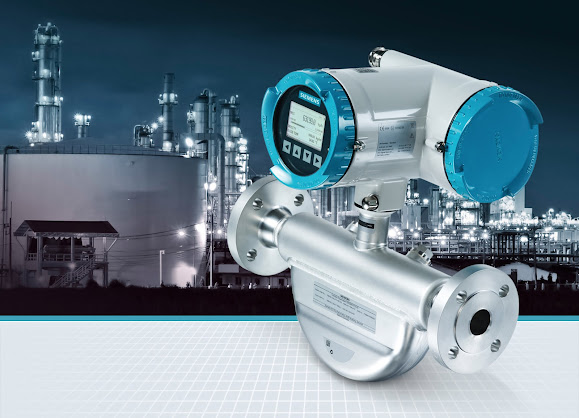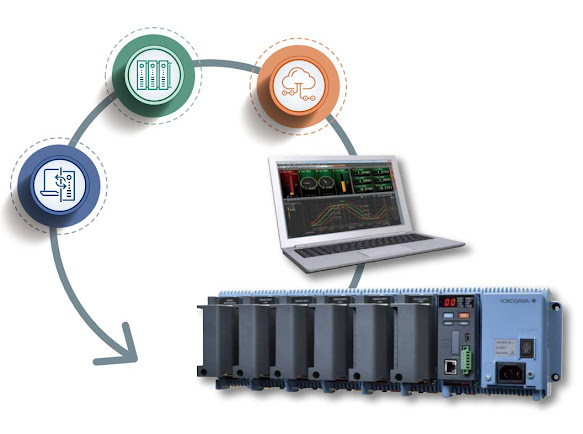The Vital Role of Water Flow Meters in Water Conservation
In the quest for sustainable living and environmental responsibility, the conservation of water emerges as a critical priority.
Among the array of technologies aiding in this effort, water flow meters stand out as indispensable tools. These devices play a pivotal role in quantifying and managing water usage, thereby contributing significantly to the conservation of this precious resource.
Understanding Water Flow Meters
Water flow meters are devices designed to measure the volume of water passing through a pipe or system. They come in various types, including mechanical meters, electromagnetic meters, ultrasonic meters, and more.
These meters provide real-time data on water consumption, enabling both individuals and organisations to monitor and optimise their usage effectively.
Promoting Awareness and Accountability
One of the key benefits of water flow meters is their ability to raise awareness about water consumption.
By installing meters at strategic points in homes, businesses, and industries, users gain insight into their water usage patterns. This awareness fosters accountability and encourages conscious efforts to reduce wastage.
Identifying Leaks and Wastage
Water leaks can go unnoticed for long periods, leading to significant water wastage. Flow meters help detect leaks by continuously monitoring flow rates.
Sudden drops or fluctuations in flow readings indicate potential leaks or inefficiencies in the system. Identifying and repairing these issues promptly can save substantial amounts of water and prevent unnecessary costs.
Optimising Irrigation Practices
In agriculture and landscaping, water flow meters are invaluable for optimising irrigation practices. Farmers and gardeners can accurately measure water applied to crops or lawns, ensuring that only the necessary amount is used.
This precision minimises water runoff, reduces the strain on local water sources, and promotes sustainable farming practices.
Facilitating Efficient Resource Allocation
Water flow meters enable data-driven decision-making regarding water allocation. Municipalities and water utilities use this information to manage water distribution more efficiently.
By identifying areas of high consumption or leakage, authorities can implement targeted interventions such as repairs, restrictions, or incentives to promote conservation.
Enhancing Conservation Initiatives
The data collected from water flow meters also informs broader conservation initiatives. Governments and organisations rely on this data to set conservation targets, track progress, and develop effective policies.
This evidence-based approach strengthens campaigns aimed at reducing overall water consumption and preserving freshwater ecosystems.
Conclusion
Water flow meters are not mere instruments; they are catalysts for change in our approach to water management.
By providing accurate measurements and actionable insights, these devices empower individuals, businesses, and governments to make informed decisions that prioritise water conservation. In a world where water scarcity is an increasingly pressing concern, embracing technologies like flow meters is essential to ensure a sustainable future for generations to come.
The adoption of water flow meters represents a significant step towards achieving water conservation goals. These devices serve as the cornerstone of efforts to monitor, manage, and ultimately reduce water usage across various sectors.
Through their widespread deployment and utilisation, we can work towards a more water-resilient world, where every drop counts towards a sustainable future.



Comments
Post a Comment